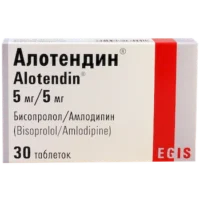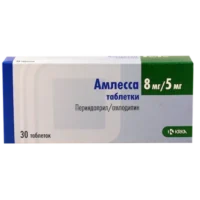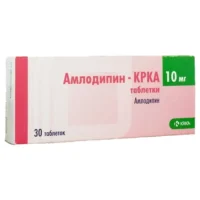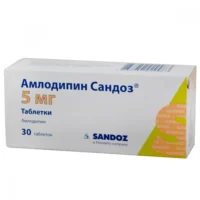Description
Rozuvastatin-CZ Coated Tablets 20 mg. №30
Ingredients:
Each tablet contains 20 mg of Rozuvastatin-CZ.
Dosage:
The recommended dosage is one 20 mg tablet per day, preferably taken in the evening with or without food.
Indications:
- Rozuvastatin-CZ is indicated for the treatment of high cholesterol and triglyceride levels in the blood.
- It is used to lower the risk of stroke, heart attack, and other heart complications in patients with cardiovascular diseases.
Contraindications:
- Do not take Rozuvastatin-CZ if you are pregnant, breastfeeding, or have liver disease.
- It is contraindicated in patients with unexplained abnormal liver function tests.
Directions:
Swallow the tablet whole with a glass of water. Do not crush or chew the tablet. Follow the instructions of your healthcare provider for the best results.
Scientific Evidence:
Studies have shown that Rozuvastatin-CZ effectively reduces LDL cholesterol levels and decreases the risk of cardiovascular events. Research demonstrated the superior efficacy of Rozuvastatin in lowering LDL cholesterol compared to other statins.
Additional Information:
- It is important to monitor liver function tests regularly while taking Rozuvastatin-CZ.
- Inform your doctor about any unusual muscle pain or weakness, as it can be a sign of a rare but serious side effect called rhabdomyolysis.
Rozuvastatin-CZ works by inhibiting the enzyme HMG-CoA reductase, which plays a key role in cholesterol synthesis in the liver. By lowering LDL cholesterol and triglyceride levels, it helps prevent the buildup of plaque in the arteries, reducing the risk of cardiovascular events.
Clinical trials have shown that Rozuvastatin-CZ is well-tolerated and effective in improving lipid profiles. A meta-analysis confirmed the significant benefits of Rozuvastatin in reducing the incidence of major cardiovascular events compared to placebo.





